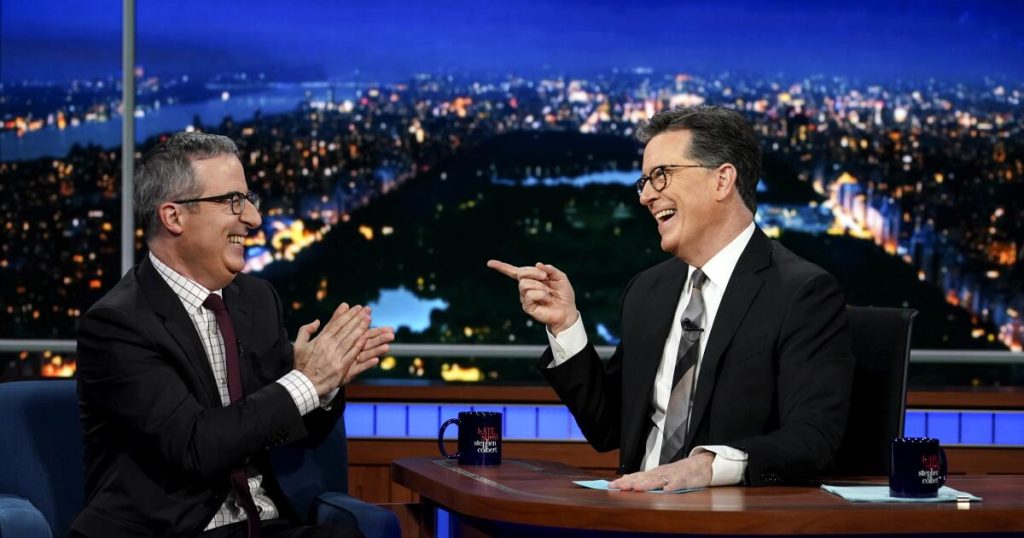The End of an Era: Cancellation of “The Late Show With Stephen Colbert”
The unexpected cancellation of “The Late Show With Stephen Colbert” signals a troubling trend for late-night television, a format beloved by many. Originally created in the 1950s to allow networks control over content rather than relying on sponsors, late-night shows now face significant challenges amid dwindling viewership and a politically charged atmosphere threatening free speech.
On Thursday, CBS revealed that the 2025-26 season would be the last for “The Late Show.” Executives cited financial pressures affecting all late-night programming. Recently, NBC made cutbacks by reducing “The Tonight Show Starring Jimmy Fallon” to four nights a week, while “Late Night With Seth Meyers” has scaled back its live musical accompaniment.
Controversy Surrounding the Cancellation
Industry experts were surprised by the timing of CBS’s announcement, especially following a recent monologue in which Colbert criticized the company’s $16 million settlement with President Trump over a CBS News interview. Questions are now being raised about whether the cancellation was politically motivated, with political figures like Senator Adam Schiff expressing concerns that the public deserves transparency if political influence played a role.
The Impact of Finance and Ratings
Despite holding a contract for another year, Colbert will continue until May, and there are no expectations for his commentary style to change. Nonetheless, the financial implications are stark, with reports indicating that “The Late Show” loses tens of millions annually, losing 20% of its audience in the coveted 18-49 demographic since 2022. Ad revenue has declined from $75.7 million in 2022 to $57.7 million in 2024.
The Shift in Late-Night Programming
CBS has already turned away from one late-night program due to financial concerns, canceling “The Late Late Show” with James Corden two years ago. CBS replaced it with a lower-cost alternative that ultimately only lasted two seasons. This situates CBS in a challenging position if it chooses to fill the 11:30 p.m. slot again without facing similar financial hardships as those accrued by Colbert’s show.
The Evolution of Late-Night TV
For years, late-night television was a cultural cornerstone of broadcast networks. Legends like Jack Paar and Johnny Carson shaped the landscape, while David Letterman’s unique humor made CBS a competitor. However, the rise of technology and streaming services has severely altered viewer habits, diminishing the relevance of traditional late-night formats.
Shifts in Political Comedy and Audience Engagement
The political landscape has also affected late-night content. With Trump’s emergence, comedic commentary became increasingly one-sided, contributing to a polarized audience. While Colbert initially benefited from Trump’s presence, shifting viewer loyalties towards platforms like podcasts and shows with less stringent broadcast norms signify a major change in audience engagement for late-night television.



